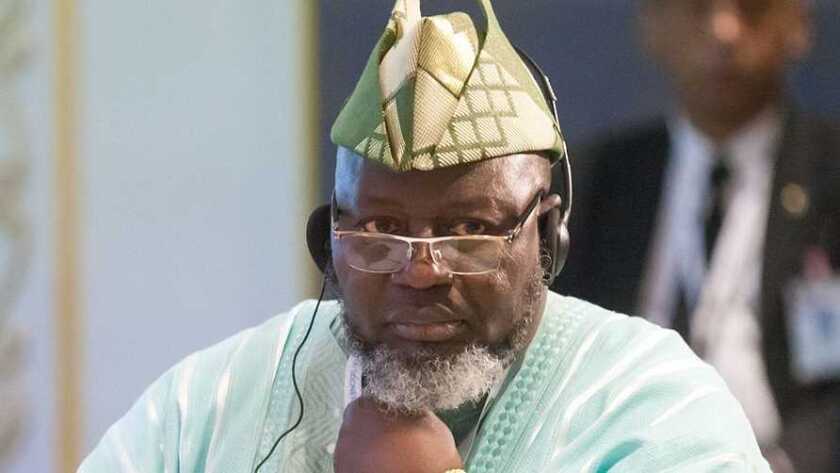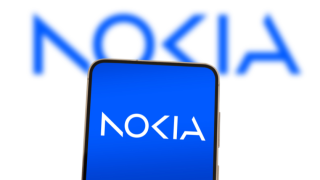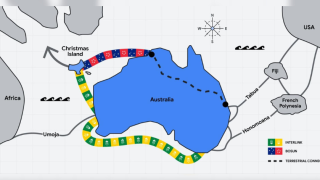The project that will start with the state of Oyo is expected to last 12 months, according to the Nigerian Ministry of Communication.
The funds are coming from the Exim [Export-Import] Bank of India, thanks to an aid deal negotiated at a conference in Abuja on technical and economic cooperation between the two countries.
Adebayo Shittu (pictured), communications minister in the federal government of Nigeria, said: “We focused on solar-powered masts that have a radius of 50km. Its maintenance is inexpensive and all operators can depend on it.” (It’s not clear whether he actually meant a service area of 50 square km, as he also said: “If you have an area of 100km, you will have two masts.”)
Shittu said the choice of solar power for the masts was because “it is very expensive to maintain the current masts that require a regular power supply, which we do not have in Nigeria”.
The use of diesel-powered generators for base stations push up costs, he added.
The minister hinted that a common fibre infrastructure will be part of the project. The new infrastructure is “is cheap to maintain and all operators can depend on it, rather than having the rural operators to construct their own masts or lay their own cables.”
The minister said that the solar-powered base station project will help Nigeria push broadband penetration from a current 30% to a target of 70% by 2021.
The $100 million from the Exim Bank of India is part of a $10 billion loan over five years that India agreed in 2015 to offer all African states for national priority projects.






